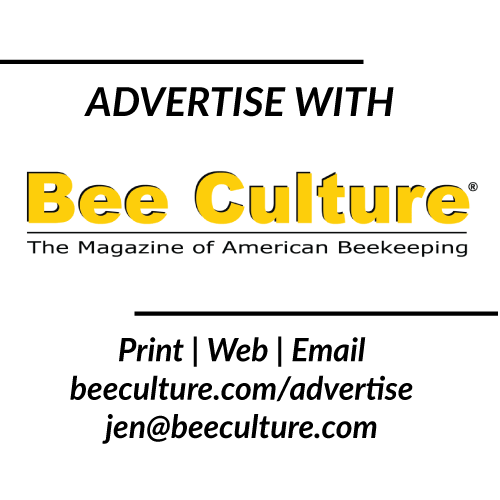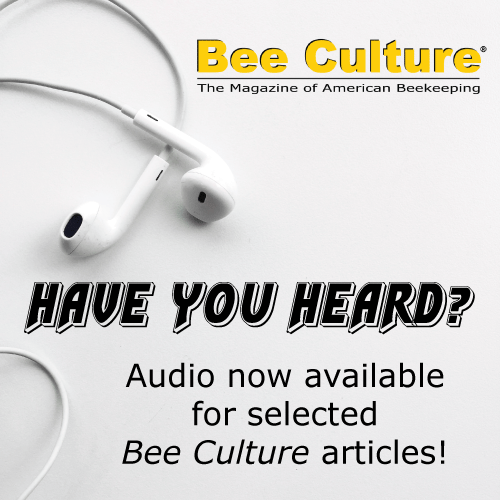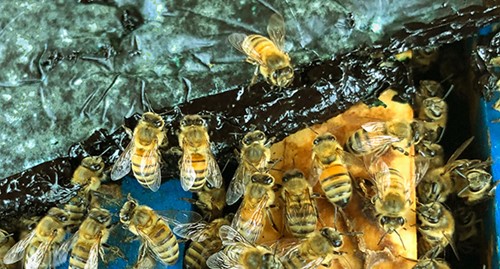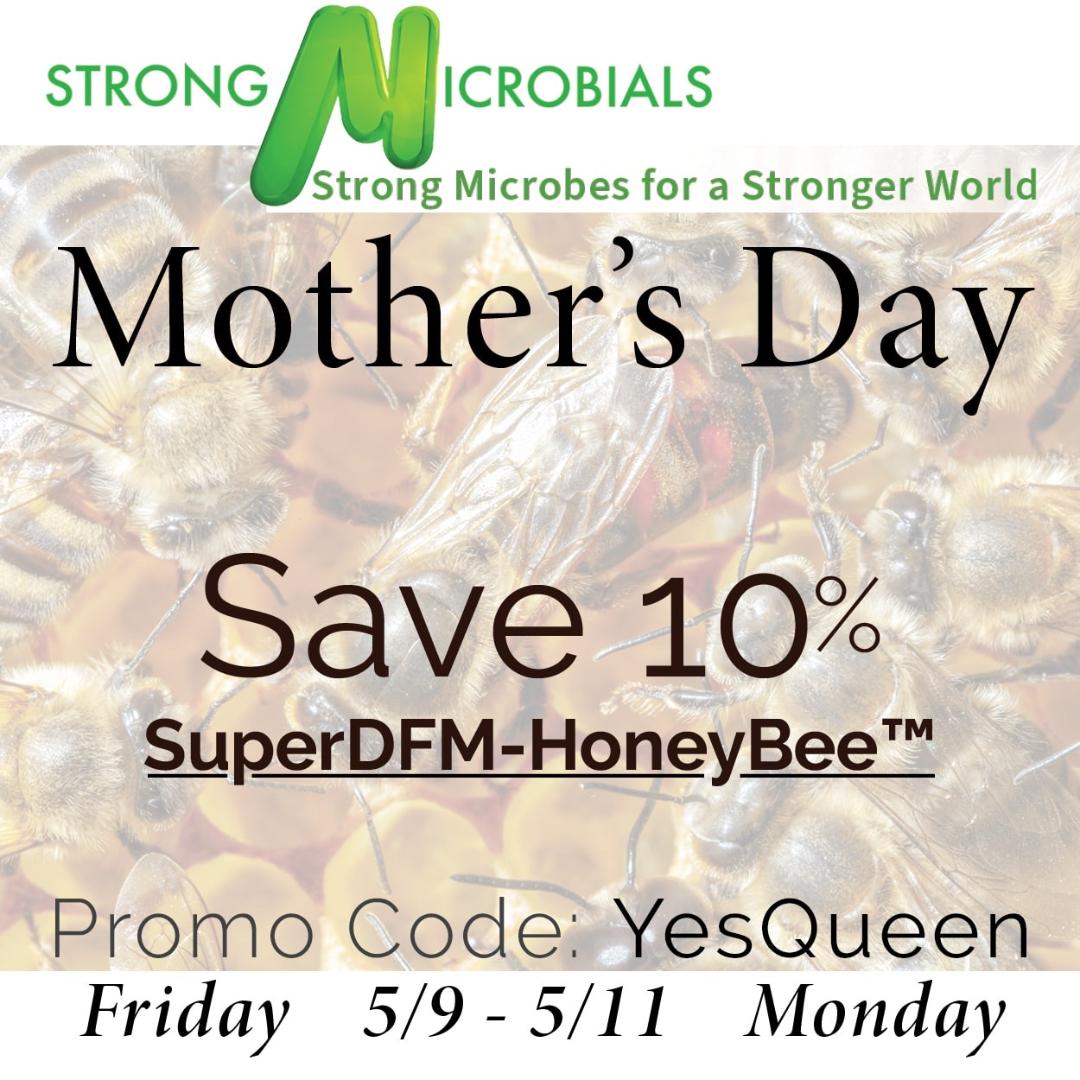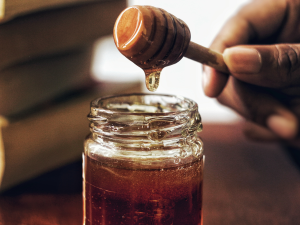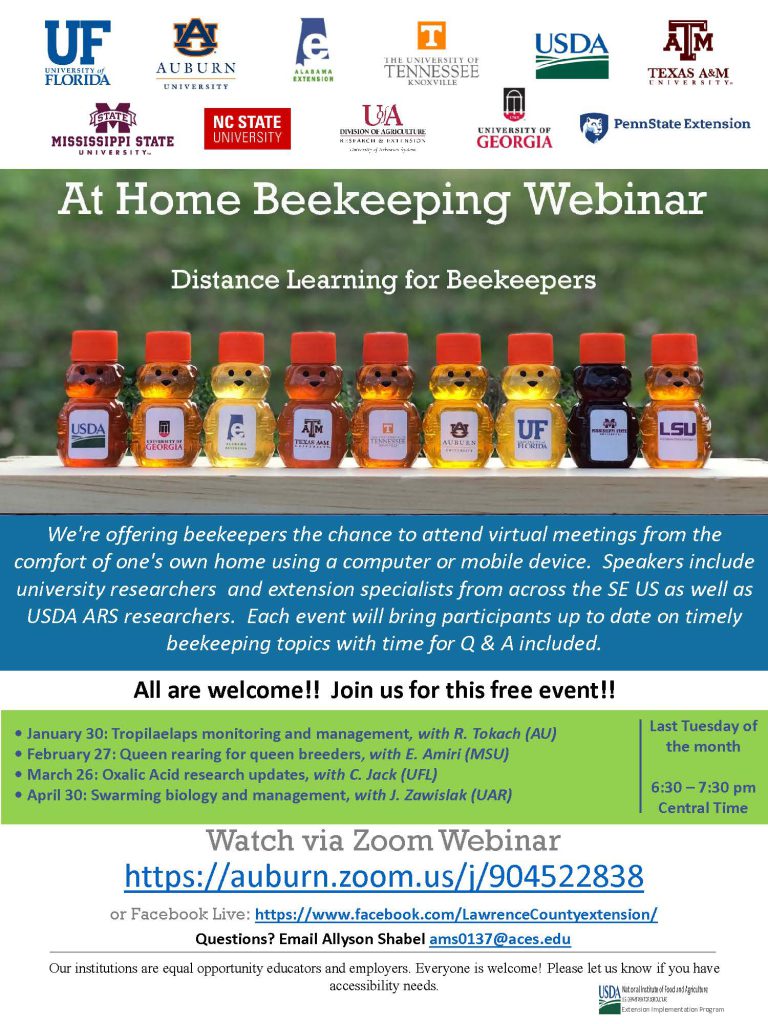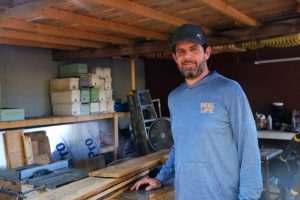ARS News Service
A blue-green microalgae could provide a strong, sustainably produced artificial diet for honey bees.
Microalgae Food for Honey Bees
For media inquiries contact: Kim Kaplan, 301-504-1637
BATON ROUGE, LOUISIANA, May 11, 2020—A microscopic algae (“microalgae”) could provide a complete and sustainably sourced supplemental diet to boost the robustness of managed honey bees, according to research just published by Agricultural Research Service scientists in the journal Apidologie.
Poor nutrition in honey bees is often an underlying factor in colony losses because malnutrition amplifies the detrimental effects of parasites, pathogens, and pesticides. Habitat loss, decreases in flowering plant diversity and large tracts of crop monoculture (cultivation of a single crop over a large area) all can potentially contribute to lessening natural pollen sources, which provide bees essential nutrition.
Now, research by ARS entomologists Vincent Ricigliano and Michael Simone-Finstrom has shown that the microalgae Arthrospira platensis (commonly called spirulina) has a nutritional profile that closely resembles pollen.
Spirulina is a part of family of blue-green algae, which are single-celled organisms that exist individually or in chains or groups.
Ricigliano and Simone-Finstrom found that spirulina is rich in essential amino acids and lipids required by bees, with levels matching those found in tested pollen samples.
The two scientists are both with the ARS Honey Bee Breeding, Genetics, and Physiology Research Laboratory in Baton Rouge, Louisiana.
“Our work is a pioneering first look into the nutritional and functional properties of a single microalga and how well it corresponds to what is needed in a complete pollen substitute for the honey bee,” explained Ricigliano.
In addition to being rich in essential amino acids necessary for protein synthesis, immune function and colony growth in honey bees, spirulina also contains prebiotics that support the growth of healthy gut bacteria.
Commercial beekeepers have become increasingly reliant on artificial pollen substitute diets to nourish colonies during periods of pollen scarcity as well as to bolster colony size before they fulfill pollination service contracts.
Currently available commercial diets for bees usually incorporate a variety of ingredients such as soy, yeast, wheat, lentils and milk proteins in an effort to supply balanced nutrition. These artificial diets are sometimes deficient in essential macronutrients (proteins, lipids, prebiotic fibers), micronutrients (vitamins, minerals), or antioxidants.
“So the need to scientifically improve the efficacy of pollen substitutes can be considered vital to modern beekeeping and we need to think about how we can do it in a sustainable way,” Ricigliano said.
Microalgae can be sustainably grown on a large scale with a minimal amount of water and few chemical inputs. It can even be grown in places where soybeans and other crops cannot be grown.
“All it takes are shallow ponds, nutrient salts and sunlight to produce highly nutritious microalgae,” said Ricigliano.
Now, the researchers are testing the microalgae diet in a field setting to make sure the diet is attractive to bees and supports colony growth. The excellent nutrition profile of spirulina suggests that there are likely other microalgae that could serve honey bees well, Simone-Finstrom pointed out.
“We have also begun development of new microalgae strains to address other aspects of bee health, including targeted nutrition strategies,” Ricigliano added
The Agricultural Research Service is the U.S. Department of Agriculture’s chief scientific in-house research agency.
Daily, ARS focuses on solutions to agricultural problems affecting America. Each dollar invested in agricultural research results in $20 of economic impact.
________________________________________________________________________________
FREE….. Because of the significant change in our lives as a result of COVID-19, many of us are working from home as we ‘social distance’ and quarantine ourselves. The USPS is doing the Best that they can, but mail is being delayed because of this disruption they are experiencing as well. This means, as we have heard from many of you, that your hard copy of Bee Culture is not showing up as in the past. We have a Digital version of Bee Culture. We are making this available to you at NO COST until this situation is over. This is how you can access it and read it for FREE online. Go to www.beeculture.com and click on the “Latest Issues” tap at the top of the page.
We thank each of you as we all go through this together. Hang in there.
The Bee Culture Team.
________________________________________________________________________________

